Is Coconut Oil Too High in Fat?
Coconut oil is popping up everywhere now, and I use it some of my recipes so am often asked about it. This is a summary of what I know and how I feel about coconut oil at this point in time, and the different ways I use it.
Firstly, like all oils, there is coconut oil and then there is coconut oil. Processed or “partially hydrogenated” coconut oil is universally recognised as being an unhealthy version of coconut oil, as the processing makes it a trans fat, and we are now all aware of how bad trans fats are for us. So when I am discussing what I believe to be benefits of coconut oil I am referring to organic, cold-pressed, virgin coconut oil.
Coconut oil is often classified as a “functional food” because it is believed to have many health benefits beyond its nutritional content. It is an edible oil, extracted from the kernel or meat of matured coconuts. It is solid below 24C (76F) and melts at around that temperature.
Some studies have shown coconut oil to:
- have anti-bacterial, anti-viral and anti-fungal properties, and it could be useful in the treatment of candida albicans when taken regularly, among other health claims. Dr Mary Enig (a bio-chemist with a doctorate in nutritional sciences) is often quoted alongside health claims that she has discovered of coconut oil, but the FDA has strict guidelines for validating health benefits of food and drugs so it is unable to be marketed as such
- reduce hunger, provide more satiety, and therefore possibly assist with weight loss
- raise the HDL (good cholesterol) levels and may translate to a reduced risk of heart disease
- increase the absorption of calcium and magnesium
- assist with brain function, even to the point of possibly being useful in early stage Alzheimer’s
Coconut oil contains 92% saturated fat. Because of its high saturated fat content, coconut oil is slow to oxidize, making it resistant to rancidification. It is ideal for high-heat cooking, and lasts up to two years without spoiling. Most of the oils contained in the majority of people’s pantry’s are rancid, creating inflammation in the body. But more on other oils another time!
For the last 60 years or so the majority of message from health care officials and the media have been warning against the consumption of saturated fat, citing increases in obesity, Alzheimer’s, heart disease and ‘high’ cholesterol as the negative side-effect. In that same time period rates of heart disease, Alzheimer’s, obesity and high cholesterol have skyrocketed!
Studies conducted on populations that eat coconut as a dietary staple show that they have thrived for generations with excellent health and little-to-no evidence of heart disease. However these populations also eat far less sugar and processed foods than our standard diet, and get more functional movement/exercise on a regular basis. Regardless, their diet that is high in saturated fat is not contributing to heart disease!
Science currently suggests that coconut oil contains a large proportion of lauric acid, a saturated fat that raises blood cholesterol by increasing the amount of HDL and LDL cholesterol. Most of the increase is in the HDL (or ‘good’) cholesterol, hence the all-important ratio of total to HDL cholesterol in decreased.
What else is unusual about coconut oil is that it contains a high percentage of medium chain triglycerides (MCTs). The body metabolizes these differently to the short- and long-chain triglycerides, meaning the fat is much more likely to be burned as fuel as opposed to being stored.
Uses of coconut oil
The list of uses for coconut oil is endless! I keep some in the kitchen and some in the bathroom.
- For cooking, coconut oil is probably the most heat-stable oil, meaning that you can cook at high temperatures without it oxidizing and causing free-radical damage and inflammation in the body like most other oils do. Roasted veges with coconut oil – delicious! Leek cooked in the pan with coconut oil – yum! It is the oil of choice for any pan cooking or roasting in our house, with the only other cooking oil I use being Extra Virgin Olive Oil – for low-heat cooking or salad dressing only.
- In baking, we use coconut oil in place of butter. If you can tolerate some dairy, pure grass-fed butter would still be a trade-up from using margarine or other processed spreads that contain many additives and edible food-like substances. With our 7 year old still building up his tolerance to dairy after outgrowing a severe cows milk protein allergy we tend to use butter rarely.
- It is a main ingredient in my nutritious chocolate
- used topically, coconut oil is an effective skin moisturizer, especially great on dry heels and elbows. It has also been touted as being helpful in fighting athletes foot and fungal toe infections when used topically on feet.
- Coconut oil (like shea butter) is a natural SPF 4 sunscreen, so I plan on adding it to my homemade sunblock this year (I have always found my sunblock a little drying to the skin, so it will be great to see if the coconut oil helps – I will let you know!).
- Use it straight as a nappy balm – perfect for when my Magic Balm has run out (like it has right now – making a new batch is on my to-do list for next week).
- Brilliant as the base for homemade deodorant.
- The perfect oil for oil pulling, killing harmful bacteria in the mouth and improving dental health among other things.
There is still some debate around whether the highly touted benefits of coconut oil can be proven, and unfortunately foods don’t have funding like pharmaceutical companies behind them to fund research proving anything either way.
Verdict
Like many things in nutrition I believe moderation is key – you can have too much of a good thing, it’s all about balance. Ensure that you use good quality coconut oil in the virgin form, in moderation, and remember that no one way of eating works for everyone. For individual advice speak to your healthcare professional, or contact me for your free initial consultation.

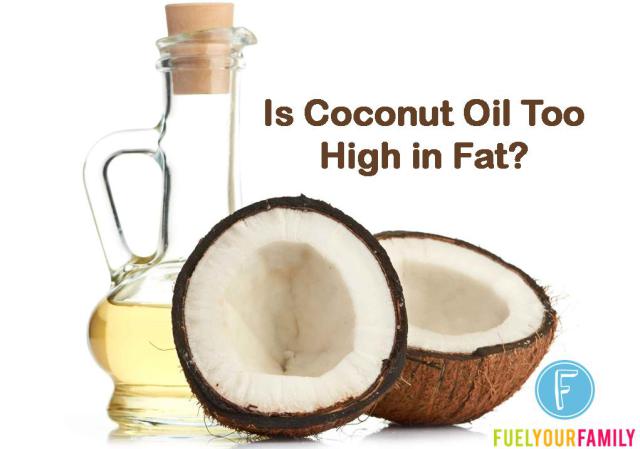
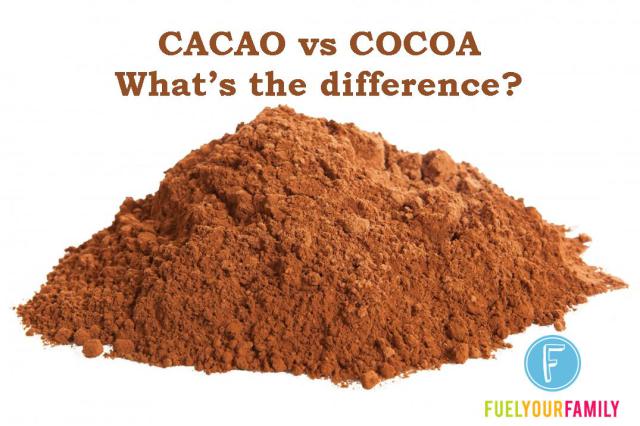


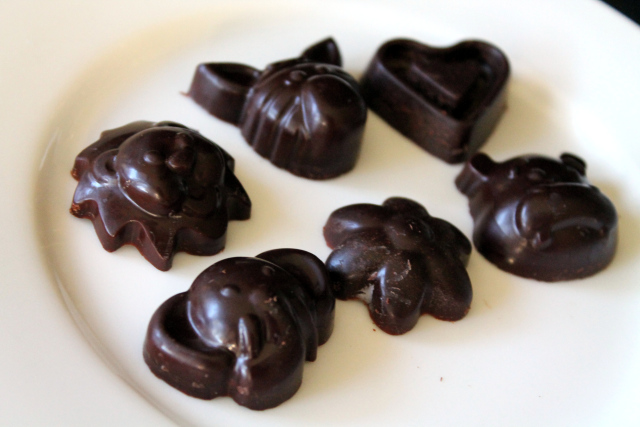

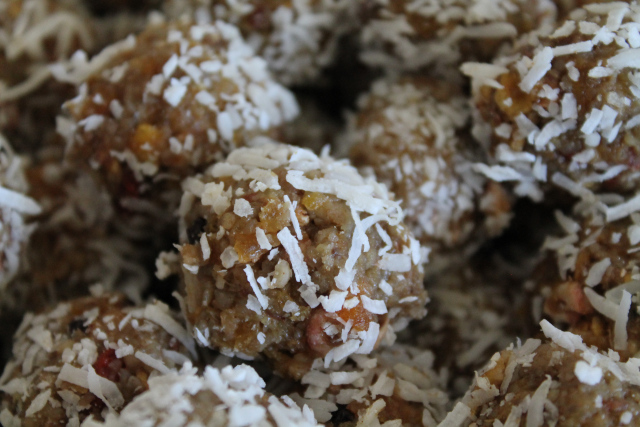
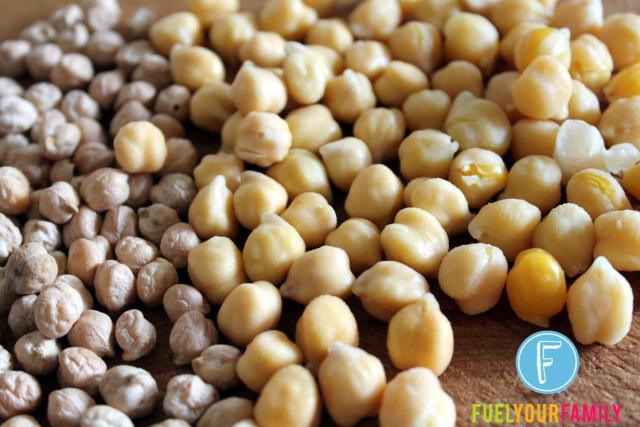
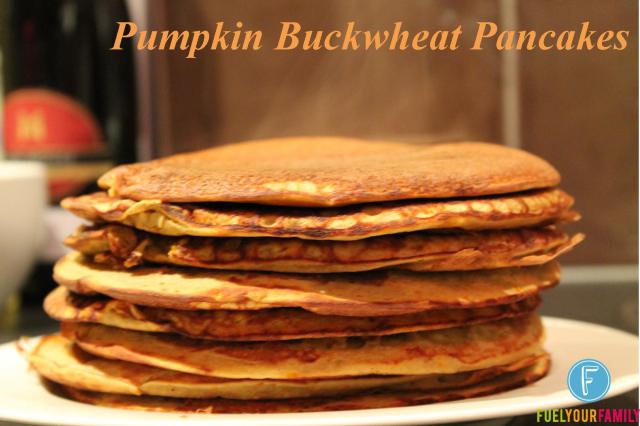

One Comment